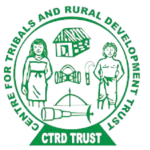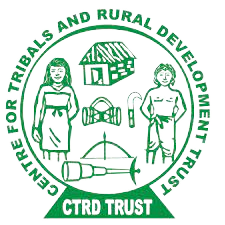Project details
Differently Abled Rehabititation And Livelihood Project
Enhancing Lives of Disabled Individuals in the Nilgiris Region Through CBR model
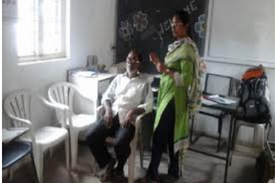
Problem Analysis
Target group: Visually, mobility and mentally impaired people.People with disabilities in the Nilgiris region face considerable challenges that severely affect their quality of life and participation in social life, as well as their already precarious economic situation. More than 20.000 people with disabilities are affected .Many of them live in tribal and rural areas in poor conditions. These people often experience marginalization and discrimination, even from their own family members. Their disability is often seen as a burden as they are unable to do paid work or help with domestic tasks. This leads to a dependence on family support, which severely limits their ability to live independently.Caring for family members with disabilities often leads to poor treatment as families already living in poverty rely on labour to support themselves and the family’s limited resources are stretched even further. In addition to the social challenges, these families face financial burdens due to the special needs of people with disabilities. The cost of specialized healthcare and medical supplies is often prohibitive, creating further financial difficulties for already disadvantaged families.Disability and poverty are closely linked and create a vicious circle. On the one hand, poverty often leads to disabilities due to malnutrition, a lack of education or a lack of medical care. On the other hand, disabled people are particularly affected by poverty. This is also reflected in a lack of access to education, health services or income opportunities. The situation requires holistic support measures to improve the living conditions for people with disabilities.
Impact: Overall Objective
To improve the overall quality of life, social inclusion, and economic opportunities for physically and mentally disabled and visually impaired individuals in the Nilgiris region.
Outcome: Project Objective
Implementation Stage:
The project has entered the implementation stage with key milestones achieved:
1. To enhance the independence and well-being of people with disabilities, particularly those residing in tribal and rural areas.
2. To reduce social marginalization and discrimination faced by individuals with disabilities within their families and communities.
3. To alleviate financial burdens on families supporting disabled members by addressing both social and economic challenges.
Output: Subobjectives/Expected Results
Objective 1: | To enhance the independence and well-being of people with disabilities, particularly those residing in tribal and rural areas.
|
Output 1.1: | Conducting daily living skills trainings to teach individuals with disabilities how to manage their everyday lives autonomously. |
Output 1.2:
| Enable individuals with disabilities by eliminating barriers and make houses and workplaces barrier free. |
Objective 2:
| To reduce social marginalization and discrimination faced by individuals with disabilities within their families and communities. |
Output 2.1: | Establish community-based support centers in tribal and rural areas for holistic assistance and rehabilitation services including a daycare center. |
Output 2.2: | Conduct awareness campaigns to combat stigmas associated with disabilities, promoting social inclusion and acceptance. |
Objective 3: | To alleviate financial burdens on families supporting disabled members by addressing both social and economic challenges. |
Output 3.1: | Develop vocational training and skill development programs to empower individuals with disabilities to engage in income-generating activities. |
Output 3.2: | Establishing an integrated daycare center for people with special need for care, including a workshop, where they can work under special support. |
Output 3.3: | Introduce self-help groups for family members of people with disabilities to enablemutual support by an exchange of experiences and everyday solutions. |
Measures & Activities
Activities for Objective 1:
Provide medical aid, psychological support, and rehabilitation services.
Providemedical supplies as goggles, blind cane, braille accessories, hearing aid, wheelchairs.
Construction of ramps and barrier-free construction of houses of physically disabled individuals.
Giving training sessions on daily living skills as orientation and mobility for visual impaired and physically disabled individuals.
Establishing self-help groups and organize regular meetingsfor individuals with disabilities to create exchange on strategies on how to manage their everyday lives.
Activities for Objective 2:
Set up and equip community support centers proving medical aid, psychological support, rehabilitation services.
Organize workshops and awareness sessions in tribal and rural communities to foster understanding and acceptance.
Activities for objective 3
Collaborate with vocational training institutes to create tailored programs for skill development and income generation for disabled individuals.
Giving skill development training on agriculture and animal husbandry, as plant nursery or cattle rearing.
Establishan autonomous daycare center, offering holistic services including pickup service and proving meals for people with disabilities.
Integrate a workshop and production unit at the daycare center, where people with disabilities work on food production, packing or knitting activities.
Organizing regular self-help groups for family members.
Conclusion
This proposed project aims to break the cycle of poverty and disability, providing comprehensive support to enhance the lives of disabled individuals and their families in the Nilgiris region. Through community-centered activities, awareness campaigns, and skill development programs, the project seeks to create a more inclusive and empowering environment for people with disabilities and improve their overall quality of life, social inclusion, and economic opportunities.
- Topic: Awarenes
- location: Conoor, Ooty
- Population Coverage: population coverage
- Panchayats: 21
- Villages: 609
Support our initiative to uplift Adivasi tea farmers by promoting sustainable and organic Green Tea cultivation.
more Projects
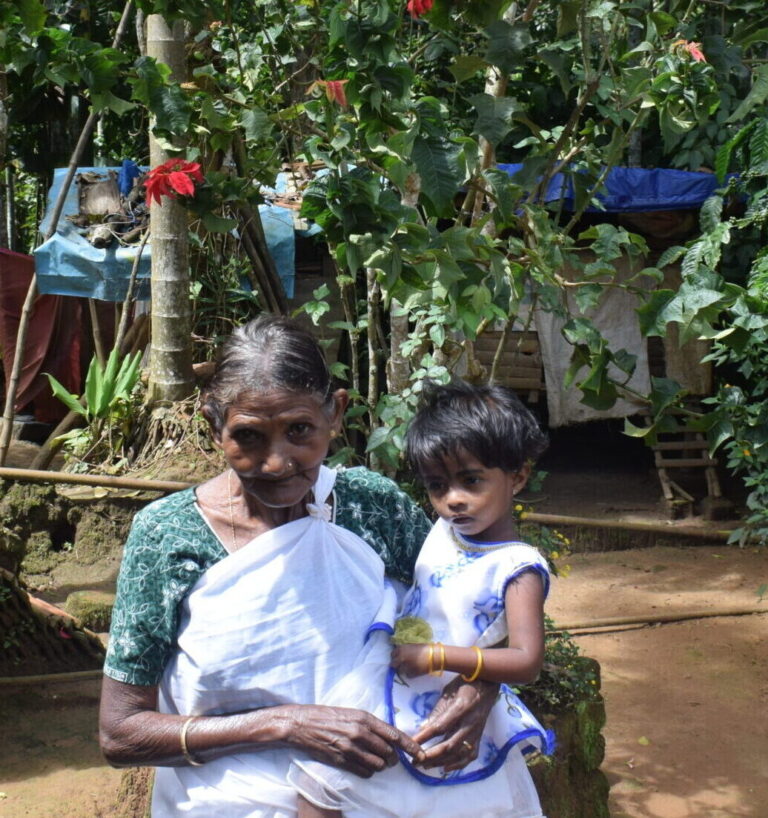
Kitchen Garden Project
supporting the communities in the establishment of organic kitchen gardens
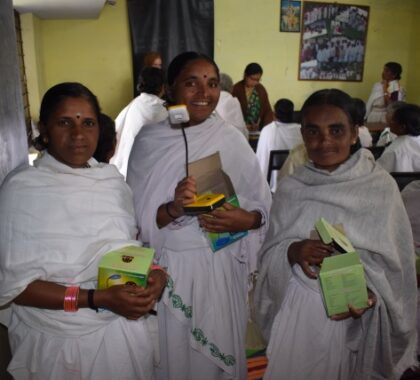
Solar Lightning Project
provide access to education and electricity for the tribal children.
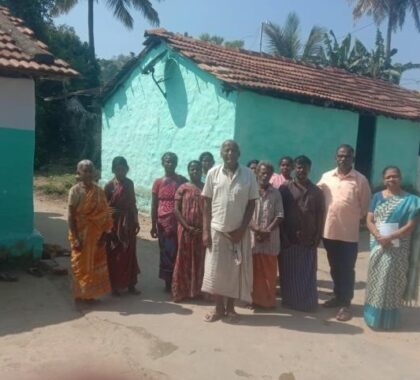
Palamalai Tribal Developement Project
enhance the living conditions the Palamalai tribal community
Sustainable Development Goals (SDG) and Disability .
The project is highly in conform of the Sustainable Development Goals (SDG) by the United Nations. The topic of Disabilities is closely linked to SDG 10, which strives to reduce inequality within and among countries by empowering and promoting the social, economic and political inclusion of all, including persons with disabilities. But Disability is referenced in various parts of the SDGs and specifically in parts related to education, growth and employment, and accessibility of human settlements.
1. SDG 4: education and vocational training for the vulnerable, including persons with disabilities
2. SDG 8: inclusive and sustainable economic growth, full and productive employment and decent work for all, the international community aims to achieve full and productive employment and decent work for all women and men, including for persons with disabilities, and equal pay for work of equal value.
3. SDG 11: provide access to safe, affordable, accessible and sustainable transport systems for all, improving road safety, notably by expanding public transport, with special attention to the needs of those in vulnerable situations, such as persons with disabilities.
